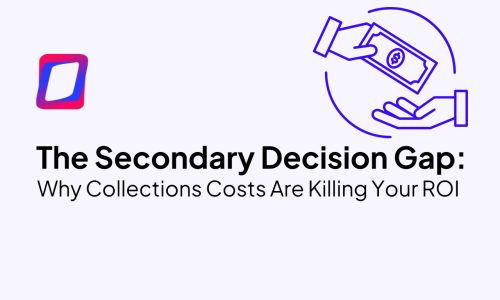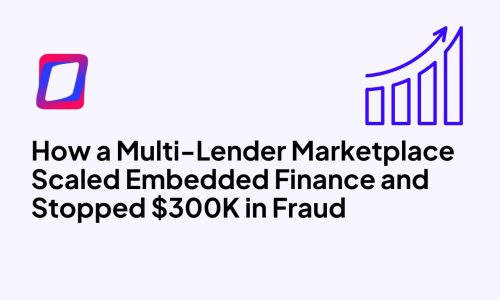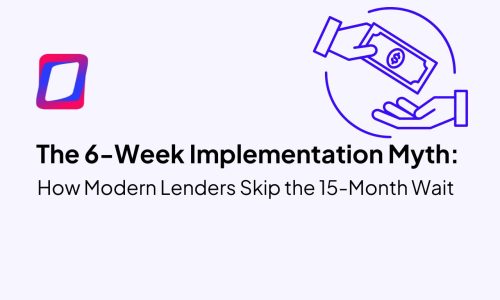Former Fintech Nexus CEO, Peter Renton, Discusses the Evolution and Future of Fintech
Podcast Description:
Join us for an insightful episode of the Lending Link Podcast as host Rich Alterman chats with Peter Renton, former CEO of FinTech Nexus and now leading CEO of Renton & Co, LLC.
In this episode, Rich and Peter delve into the story of FinTech Nexus, exploring its growth and impact on the financial services and fintech industries. Peter shares practical strategies for growth, the importance of building strong professional relationships, and the power of networking.
Peter recounts his journey from direct mail and digital label printing to becoming a key player in fintech investments. He also provides valuable insights into the development of peer-to-peer lending, the need for solid regulation and consumer protection, and the potential impact of regulatory changes on the industry.
This episode is packed with real-world experiences and actionable advice from one of fintech’s influential voices. Perfect for anyone looking to stay informed and ahead in the fast-paced world of fintech.
Tune in and get the inside scoop from Peter Renton!
Watch the episode on YouTube!
Or Listen to the Episode Here:
About Peter Renton
Peter Renton is the CEO of Renton & Co, LLC, a consulting firm specializing in fintech media, events and thought leadership. He was formerly the co-founder and chairman of Fintech Nexus, a fintech media and events company that produced 31 large-scale events worldwide. The events business was sold to Fintech Meetup in 2023 and the media business was shut down in June 2024.
Peter has been writing about fintech since 2010, with over 2,500 articles. He is the author and creator of the Fintech One-on-One Podcast, the first and longest-running fintech interview series. He has conducted more than 750 interviews and panel discussions and has produced over 1,800 fintech newsletters.
Peter has been interviewed by the Wall Street Journal, Bloomberg, The New York Times, CNBC, CNN, Fortune, NPR, Fox Business News, the Financial Times and dozens of other publications.
About GDS Link
GDS Link is a global leader in credit risk management, providing tailored software solutions, analytical and consulting services. Our customer-centric risk management and process automation platforms are designed for the modern lender in their pursuit to capitalize on the entire credit lifecycle.
By providing a personal, consultative approach and leveraging our own industry-leading knowledge and expertise, GDS Link’s solutions and services deliver exceptional value and proven results to thousands of clients around the world.
About The Lending Link Podcast
The Lending Link Powered by GDS Link is a podcast hosted by Rich Alterman and designed for the modern-day lender. Each episode deeply delves into innovation within the financial services industry and transformation efforts, including AI / ML integration, Modeling, Risk Management Tactics, and redefining Customer Experiences.
GDS Link launched The Lending Link to explore unique strategies for the modern-day lender, dive into the innovative advancements GDS Link and our partners are currently developing and delivering, and gain insights from captivating guests within the FinTech, banking, and credit union worlds.
We have a wide range of guests from various lending institutions and diverse organizations who talk about strategies, technology, and everything in between.
Recent articles

The Secondary Decision Gap: Why Collections Costs Are Killing Your ROI
Read article
How a Multi-Lender Marketplace Scaled Embedded Finance and Stopped $300K in Fraud
Read article





